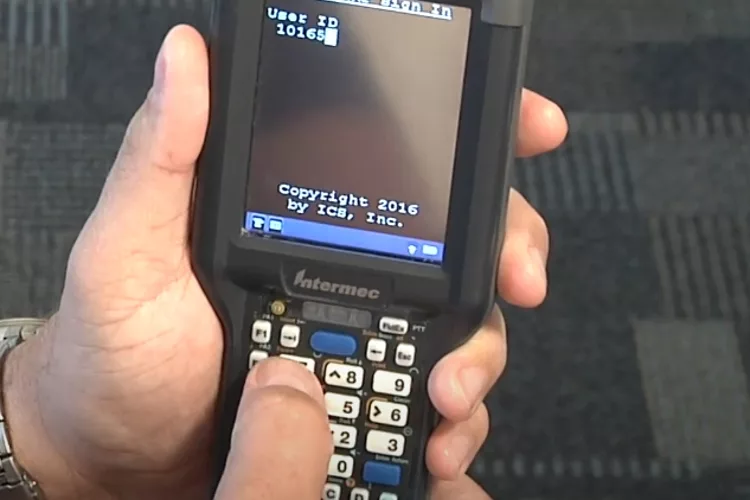An RF scanner is a device that can scan for radio frequency (RF) signals. It detects the location of signals, and displays them on an LCD screen. With this information, you will know where to find wireless devices in your home or office space.
Contents
The average person doesn't need an RF scanner because it's not something they use every day. But people who work with electronics often use one so they know which frequencies are being used by their neighbors, coworkers, friends etc., and whether there are any problems with the signal strength of their own gadgets.
Ever wondered what an RF scanner is? It's a device that collects information about the presence of radio waves, or electromagnetic radiation. This can be used for many different purposes, such as detecting wireless signals and locating people by their mobile phones.
These scanners are often used in military operations to locate enemy forces without them knowing they're being observed. The technology has also been adapted for use in law enforcement agencies to find criminals who may have concealed themselves with devices like jammers or scramblers which interfere with police radar equipment.

The RF scanner is one of the most essential tools in any warehouse. It can be used for picking orders, inventory management, and more. The article below will help you learn how to use this tool successfully.
The RF scanner is a device that reads and decodes radiofrequency. This technology is used in many industries including healthcare, retail, and security. In this blog post we'll review how to use the RF scanner to pick orders quickly and efficiently.
There are many different types of processes that can benefit from an RF scanner. In general, any process that requires tracking of inventory or movement of goods can be made more efficient with an RF scanner. This includes manufacturing and assembly processes, inventory management, shipping and receiving, and more.
Some specific examples of processes that can use an RF scanner include:
Tracking materials and components as they move through the production process can help identify bottlenecks and improve overall efficiency.
Knowing what inventory is on hand at all times can help ensure that products are available when needed and avoid issues with overstocking or running out of stock.
Scanning products as they come in and go out can help keep track of shipments and ensure that everything is accounted for.
RF scanners can be used to track high-value assets such as equipment, tools, and vehicles. This can help prevent loss or theft, and enable quick recovery if an asset is misplaced.
RF scanners can offer many benefits to businesses, and there are a wide variety of applications for them. If you're considering implementing an RF scanner into your operation, be sure to assess your needs to determine which type of scanner would be best suited for your particular process.
If you're looking for an RF scanner, you'll want to know how much it will cost. Here is a breakdown of the different types of RF scanners and their prices.
What type of RF scanner do you need? The price will vary depending on the features and capabilities that you require. Be sure to shop around and compare prices before making your final decision.
If you're interested in learning more about RF scanners or purchasing one for your business, keep reading! We'll provide some helpful information below.
 |
 |
 |
 |
 |
 |
 |
 |

About Dror Wettenstein
Dror Wettenstein is a software engineer and entrepreneur with more than 15 years of experience in the industry. He is the founder of TechTreeRepeat, a company that enables technical writers to publish their work faster and share it with readers across the globe. Dror has a master’s degree in computer science from San Diego State University and a bachelor’s degree in physics from UC Irvine.
When he’s not working on software projects, Dror enjoys writing articles and essays on various topics. He also likes playing guitar and spending time with his wife and two young children.
Bonus Deals of the Day
Check the FREE Gifts here. Or latest free books from our latest works.
Remove Ad block to reveal all the secrets. Once done, hit a button below
 |
 |
 |
 |